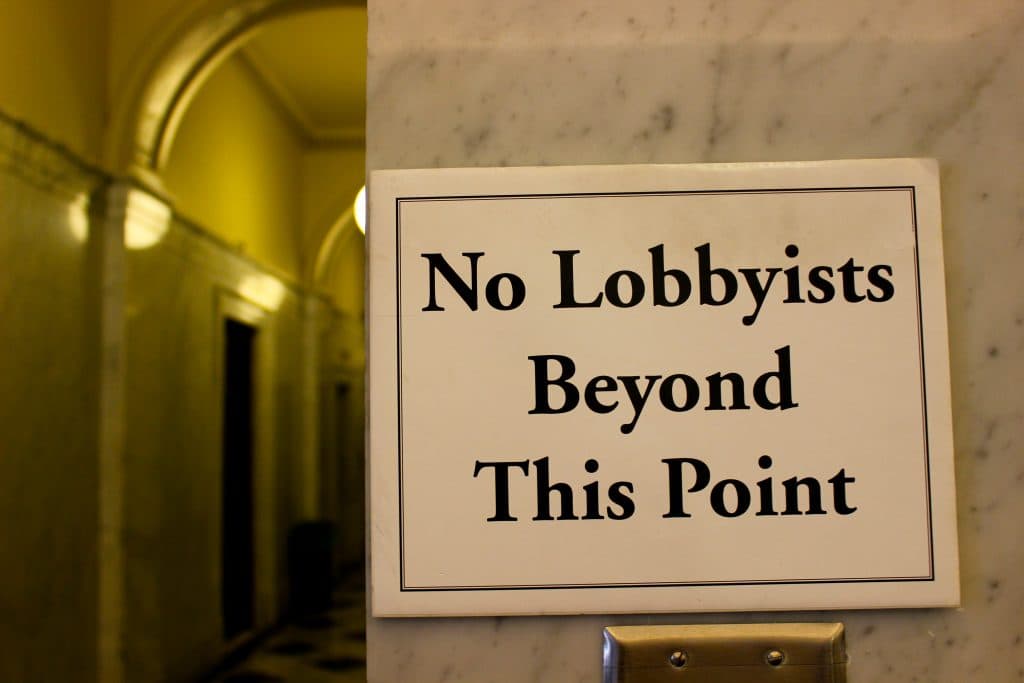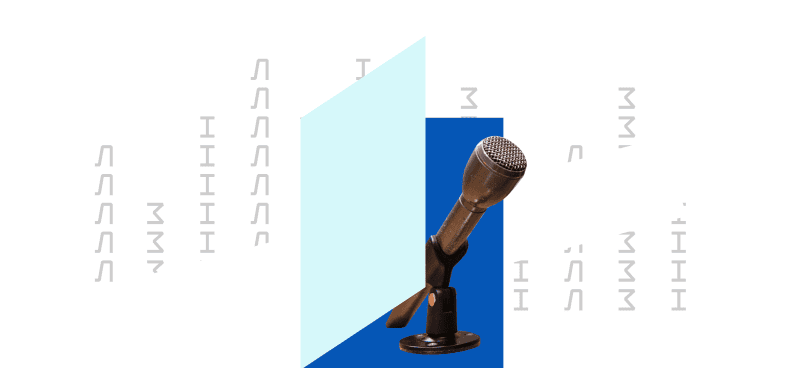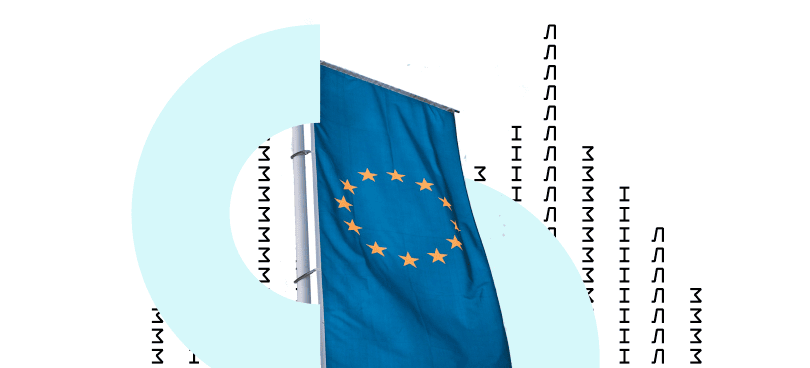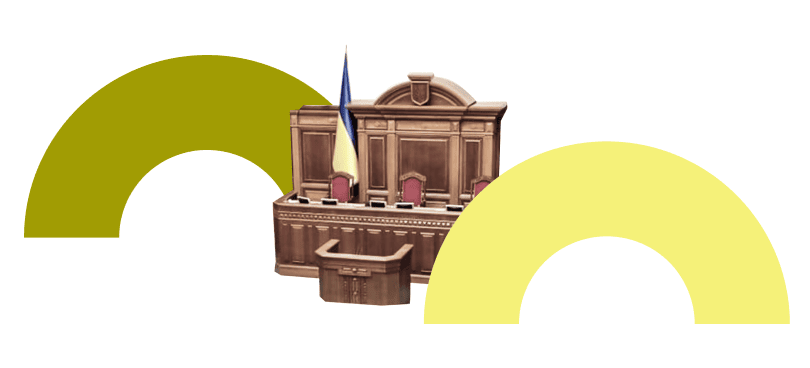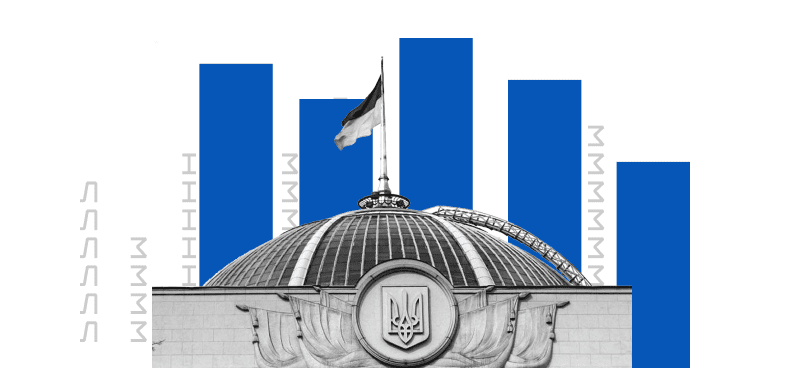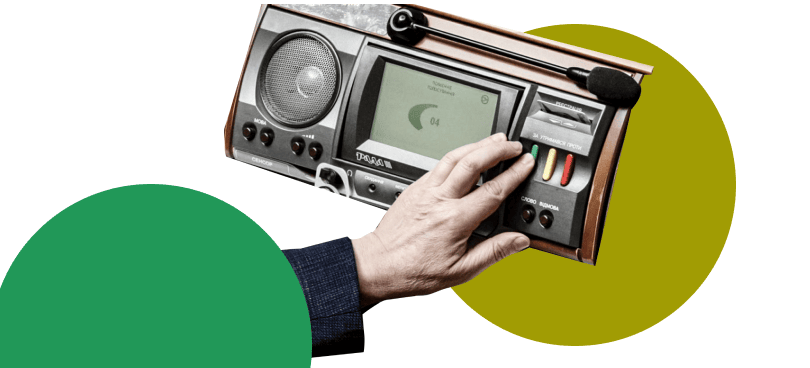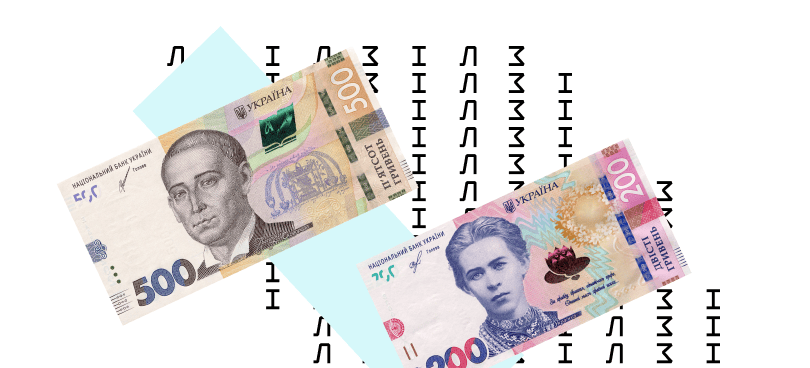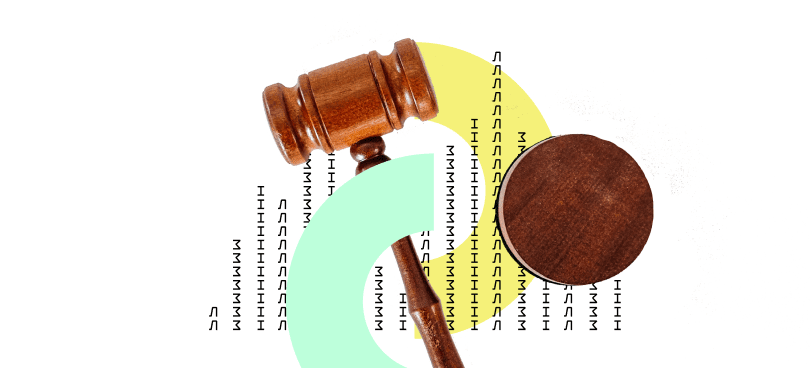In simple words, lobbying is any influence exercised on representatives of the authorities to shape state policy in a certain field or defend the interests of certain groups.
It is important to understand that lobbying is a multi-million, if not multi-billion, business. Pharmaceutical companies, electronics manufacturers, and owners of mining companies spend hundreds of thousands of dollars annually on the services of lobbyists because their future income depends on them.
The phenomenon of lobbying: international experience and failed attempts of Ukrainian lawmakers
In international practice, lobbying for the interests of individual groups is a fairly common phenomenon. Several recommendations and resolutions of the Council of Europe and the Organisation for Economic Cooperation and Development (OECD) cover the main international guidelines in the field of lobbying and everything related thereto. Individual states have their own legislative regulation functions at the state level.
The United States is the most striking example of the application of lobbying capabilities in its fullness. Hence, it is not surprising that numerous nations that are presently attempting to legalise lobbying are following in American footsteps. Hence, most countries of the European Union have rules and norms on lobbying in place today. Hence, six countries enacted distinct laws governing lobbying activities (Ireland, France, Austria, Lithuania, Poland, and Slovenia), and nine implemented self-regulation of lobbyists, which is exemplified by a lenient control mechanism (Germany, Italy, Spain, the Netherlands, Finland, Czech Republic, Croatia, Latvia, and Romania).
As a general rule, the common characteristics of lobbying in these countries include the registration of individuals wishing to provide lobbying services in accordance with a predetermined procedure, the availability of a public lobbyist registry, the reporting of lobbyists on their activities to authorities and the public; the imposition of certain restrictions during the performance of such activities; the obligation to adhere to established rules of conduct, etc.
Lobbying in Ukrainian realities can be compared to “Schrödinger’s cat”: you can see what’s inside only after opening the box. Because lobbying in Ukraine is not enshrined at the legislative level, one might think that it does not exist in politics, but this isn’t the case. Lobbying is used in many ways. To a certain extent, this latency fits all, as there are no predetermined rules of the game, and thus, one may exercise their discretion, frequently opting for unethical methods to attain the desired outcome.
For more than 20 years, Ukrainian authorities have been trying to normalise public relations in the field of lobbying. There were numerous attempts to develop and adopt the required regulatory acts. In 2009, the Concept of the draft Law of Ukraine “On the Influence of the Public on the Adoption of Regulatory Acts” was approved, and the Law of Ukraine “On the Principles of State Anti-Corruption Policy in Ukraine (the Anti-Corruption Strategy) for 2014–2017” was adopted. This Law provided, among other things, the adoption of legislation on the legal framework of lobbying. Yet, there is no legislative framework even now.
Another attempt of Ukrainian lobbying to become legal
The attention of government officials, experts, and the public is currently focused on two draft laws, whose authors aim to finally elevate lobbying from formal relations to a legitimate state. The first is the draft law by MPs Y. Tymoshenko and S. Vlasenko, “On State Registration of Lobbying Entities and Lobbying in Ukraine” (register No. 3059 of 11 February 2020). The second draft law is called “On Honest Lobbying in Ukraine.” It was developed by the National Agency for Corruption Prevention to implement the Anti-Corruption Strategy until 2025 and the State Anti-Corruption Programme for 2023–2025.
The Agency for Legislative Initiatives team attempted to study both draft laws from the perspective of international experience and their compliance with the Council of Europe and the OECD regulations. It is important to start with what the draft laws have in common and which norms consider international standards. Draft law No. 3059 and draft law of the NACP both define the fundamental principles of the lobbying process, establish a public register of lobbyists in Ukraine, specify minimum requirements for the information to be contained, and mandate lobbyists’ obligation to report on their activities.
The draft laws often adhere to at least a portion of the principles outlined in the Council of Europe Recommendations regarding the avoidance of conflicts of interest and the introduction of ethical guidelines for lobbyists. However, the proposed norms raise certain concerns. For instance, in the future, NACP proposes to approve the Code of Ethics for lobbying participants through its own legislation, thereby establishing a set of ethical guidelines that will become mandatory for all lobbying participants. It is hard to express a complete consensus on such a proposal, given that, under international practice, a code of conduct (code of ethics) is an internal document of a specific professional association, including lobbyists, who have committed to adhering to certain guidelines in their activities. In this particular instance, the NACP will serve as an external regulator with regard to participants in the lobbying process. As a result, there may be a potential for bias towards the conduct guidelines imposed on them, even if preliminary consultations have been conducted. Instead, draft law No. 3059 only briefly mentions restrictions in the context of conflicts of interest, stating that a lobbying entity cannot give gifts or arrange trips for people covered by the law.
Furthermore, regrettably, the draft law content failed to distinguish between lobbying and public advocacy, thereby neglecting the crucial principle of the Council of Europe Recommendations on the involvement of civil society in political life. These recommendations stipulate that the legal regulation of lobbying activities should not violate the democratic right of citizens to express their opinions, petition public officials, bodies and institutions, conduct campaigns for political changes, and amendments to legislation. It is clear that there are certain concerns that ordinary citizens or public organisations will not be able to exert influence on MPs and government officials to effect beneficial changes in public life.
So, both draft laws need to be improved, and the ideas and comments of stakeholders should be taken into account. This can make it more likely that some draft law will be adopted. It is worth mentioning that draft law No. 3059 of late March 2021, despite undergoing some revisions, failed to make it to the agenda of the Verkhovna Rada of Ukraine. At the same time, based on the information in the Information System for Monitoring the Implementation of the State Anti-Corruption Policy, the NACP’s draft law has not been forwarded to the Government for consideration yet. So, we will see the fate of these draft laws later. Perhaps in the near future, we may witness the emergence of a new draft law or even several of them.
In any case, Ukrainian society needs a law on lobbying that is balanced and effective and considers the best international experience and the views of stakeholders. This legislation ought to serve as a catalyst for positive transformations, a means to prevent corruption, and not merely as another manifestation of populism of the power entities.
The text has been prepared as part of the “Civil Society for Ukraine’s Post-Ware Recovery and EU-Readiness” Project, which is implemented with financial support from the EU.
Information brief available only in Ukrainian

